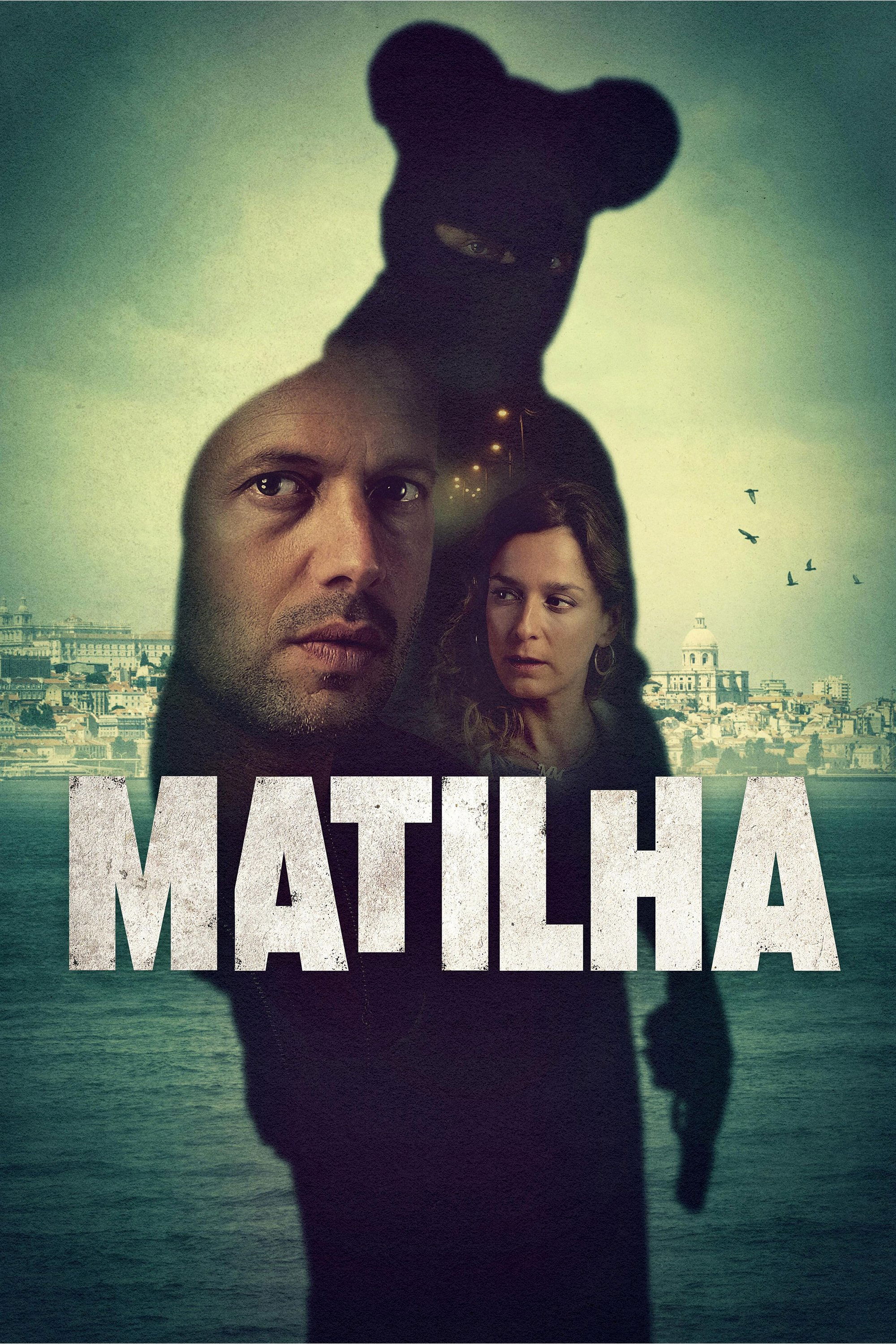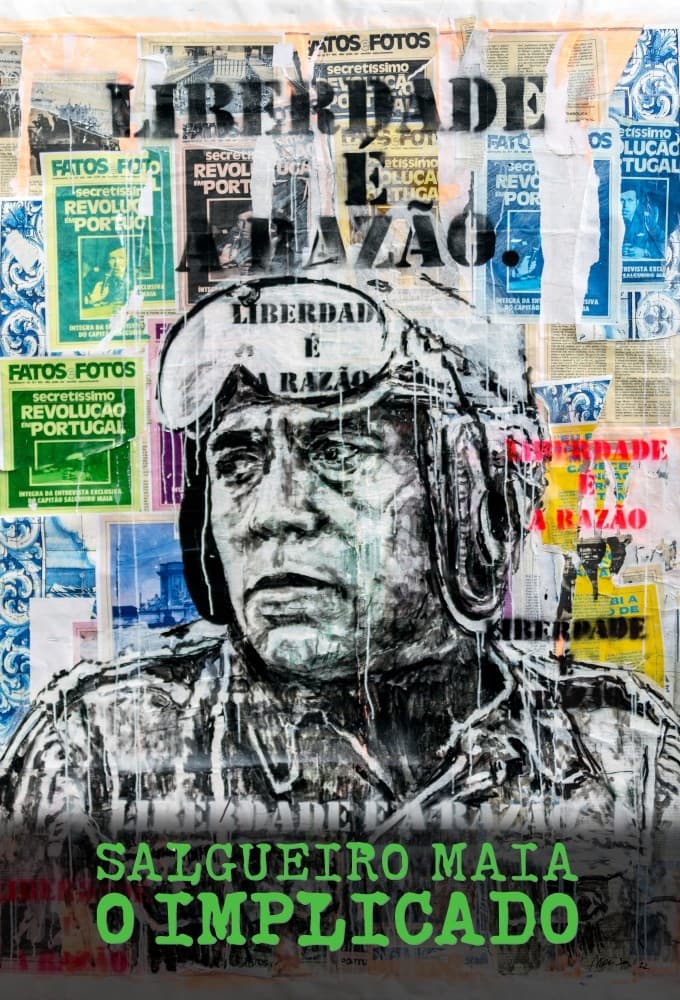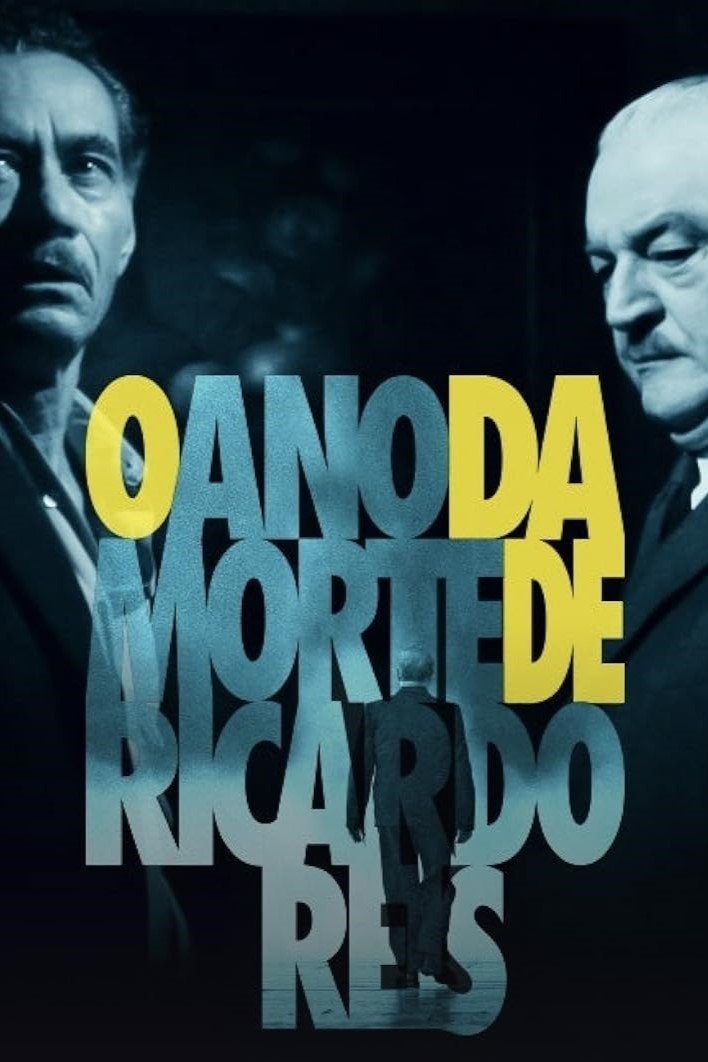

Catarina de Lemos Wallenstein (born 23 August 1986) is a Portuguese actress. She has appeared in more than twenty films since 2004.


On April 25, 1974, a man walked alone in Largo...



Fernando Pessoa, one of the greatest writers in Portuguese, created...